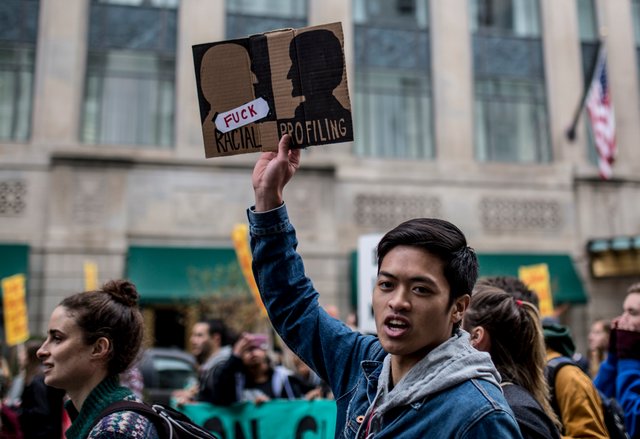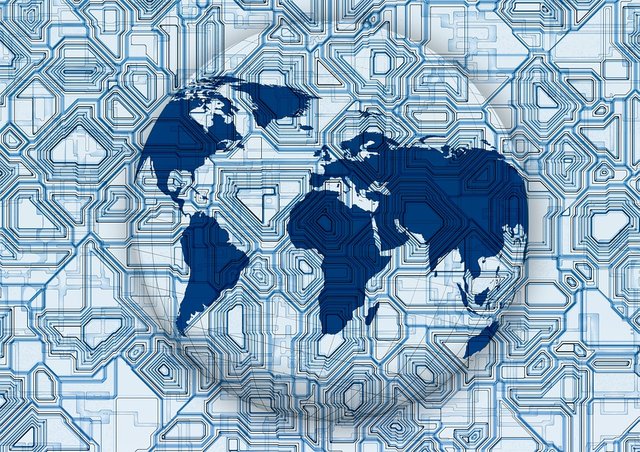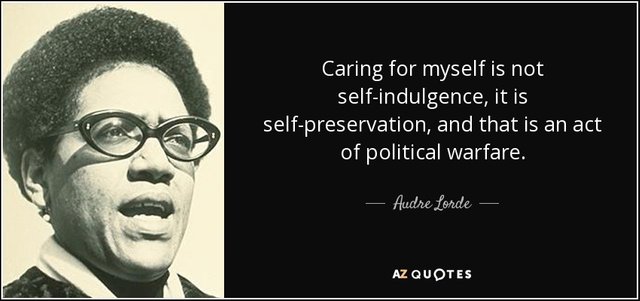Racism's New Meaning

Our word racism has two common meanings. Some would argue there are more or less than that, but I think the case is strong for two.
I believe racism's relatively newfound polysemy is causing major problems in public dialogues on race and racism, simply because many people are unaware of its existence.
Did you notice that public conversations on racism went nowhere in 2016? I did. It seemed people either agreed with each other 100% on this topic or not at all. I heard not one concession in any public disagreement on racism, either online or out in the world.
Last year it seemed that rather than rational arguments about racism, we all simply talked past each other, over and over. The metaphor of two trains passing in the night seems appropriate.
What happened? I think the answer is simple: much of society has simply not heard about the second meaning of racism, yet. The rest of us, conversely, are using this meaning without understanding that our partner-in-conversation might not be. Can we start the new year with a little clarification of the vocabulary?
I just want everybody to know what each person means when they say racism, so that we can get our (highly important) discussions on racism back on track.
Two Meanings.
The first meaning of racism is racial prejudice and/or racial discrimination. I call this racism's meaning #1, because it's what most people mean when they say it. It’s what grandma and grandpa mean, and its what racism meant when I was in grade school.
Meaning #2 for racism is newer and less well known, but its usage is swelling in the media; in online life, and in everyday conversation. I therefore believe 2017 will introduce the majority of people to racism’s meaning #2, and want to offer an explanation of this new meaning as I've come to know it in my own conversations.
The New Meaning of Racism: Political Privilege & Oppression in the World System

Let's unpack what people mean when they use racism's meaning #2.
Meaning #2 is rooted in criticisms of white colonialism. It assumes that white societies have conquered the world, thereby dispossessing and oppressing not just the immediate victims of colonization (the conquered), but generation after generation of their children. The benefits of colonialism (e.g. plunder and social privilege) benefit not just the first colonizers, it is argued, but each generation of the colonizer’s white children.
That is, from the age of expansion to the present, global systems (think trade, medicine, science, and international conflict) have motivated and underlain all colonial projects. The global systems that comprise the modern world formed in the mold of colonial expansion, and they bear its signature features of perpetuation of white dominance and the oppression of nonwhite people.
It is argued that not only global systems, but their individual components and transactions within society are designs of the colonial project. As such, micro-movements within the global system can be seen as comprising the systems themselves (which, again, tend by design to benefit white people and oppress the global other). Unequal distribution of wealth between white people and the global other was therefore created, and is constantly recreated by, the social, political and economic systems that comprise the world, in both the micro and macro sense.
In this view, all human acts are replicators of the structure of the world system. Any act you can ever do takes place within the global system and thus helps comprise it. It follows that nearly all lawful acts will help to re-create the inequalities of the global system. The world itself is programmed to oppress certain people and privilege others.
What can anyone do about it?
Morality and the new meaning of racism
Now, reasonable people agree that racial equality is moral and racial inequality is immoral. If the system is fundamentally rigged to replicate racial inequality, how can we act morally?
To those who use racism’s meaning #2, the amount of pain and suffering endured by nonwhites across history and into the present under colonialism has only one moral solution: redistribution of power and resources across world systems. This means reclaiming colonial plunder and privilege from white individuals and societies, and giving it as reparations to nonwhite individuals and societies. As long as global systems replicate the structural inequalities that they do, the argument goes, the only moral path is intentional political privileging of nonwhite individuals and societies--and, necessarily, the intentional disprivileging of white individuals and societies--within world systems.
But what would that look like?
The "revolutionary" in 2017
The hint of Marxist vocabulary above might ring of armed revolution to you. Let me assure you: people who use meaning #2 today tend to choose more gentle forms of revolution. The self-identified revolutionary (those who want to fight white global dominance; those who use meaning #2) sees himself as living in an active, ongoing resistance to the structures of white global dominance.
This relates fundamentally to the bit above on micro-transactions within global systems: the idea is that just as everyday actions within the global system replicate the global system, revolutionaries can create new societies through resistance to global systems via their everyday actions. Resistance is the active word there--engagement in an imagined long-form revolution through everyday, mundane actions characterized as resistance is the calling card of those who use meaning #2.
Since not everyone can be an armed revolutionary, this precept implies that doing political essay writing is as much a part of the revolutionary project as is extreme armed uprising against white societies. Indeed, some on the Left argue that even taking good care of oneself can be a revolutionary act.

Racism's New Meaning
Under the new meaning of racism, it’s all a matter of framing: doing anything framed as being apart from whiteness is an act of revolution and resistance in this view, a priori. Conversely, that which is framed as ‘white’, i.e. authentically in cahoots with the white colonial benefactor in some way, is both the embodiment and the mother/replicator of a world of systemic global atrocity.
Thus we come to the 2nd meaning of racism: because what we call racism is a phenomena inherent in fabric of global systems, the argument goes, only that which is against white global systems is not racist. Being a nonwhite person is thus inherently non-racist, while being a white person is thus inherently racist. The same principle goes for white vs. nonwhite cultures, ideas, beliefs, behaviors, etc. This is the mechanism by which it becomes impossible for nonwhites to be racist in the modern parlance.
And That's It.
Never mind my opinion soundness or validity of these ideas. This post is just a clarification of terms.
Again, my hope here is that next time someone uses the word ‘racism’ around you, you will take care to ensure that you and this other person can agree on using either meaning #1 or meaning #2 in your conversation. State your meaning explicitly.
All images labelled for reuse. Links to images in order of appearance.
1. https://www.flickr.com/photos/johnnysilvercloud/29097999325
2. https://pixabay.com/en/board-interfaces-digital-global-730794/
great protest i like it!!!!!